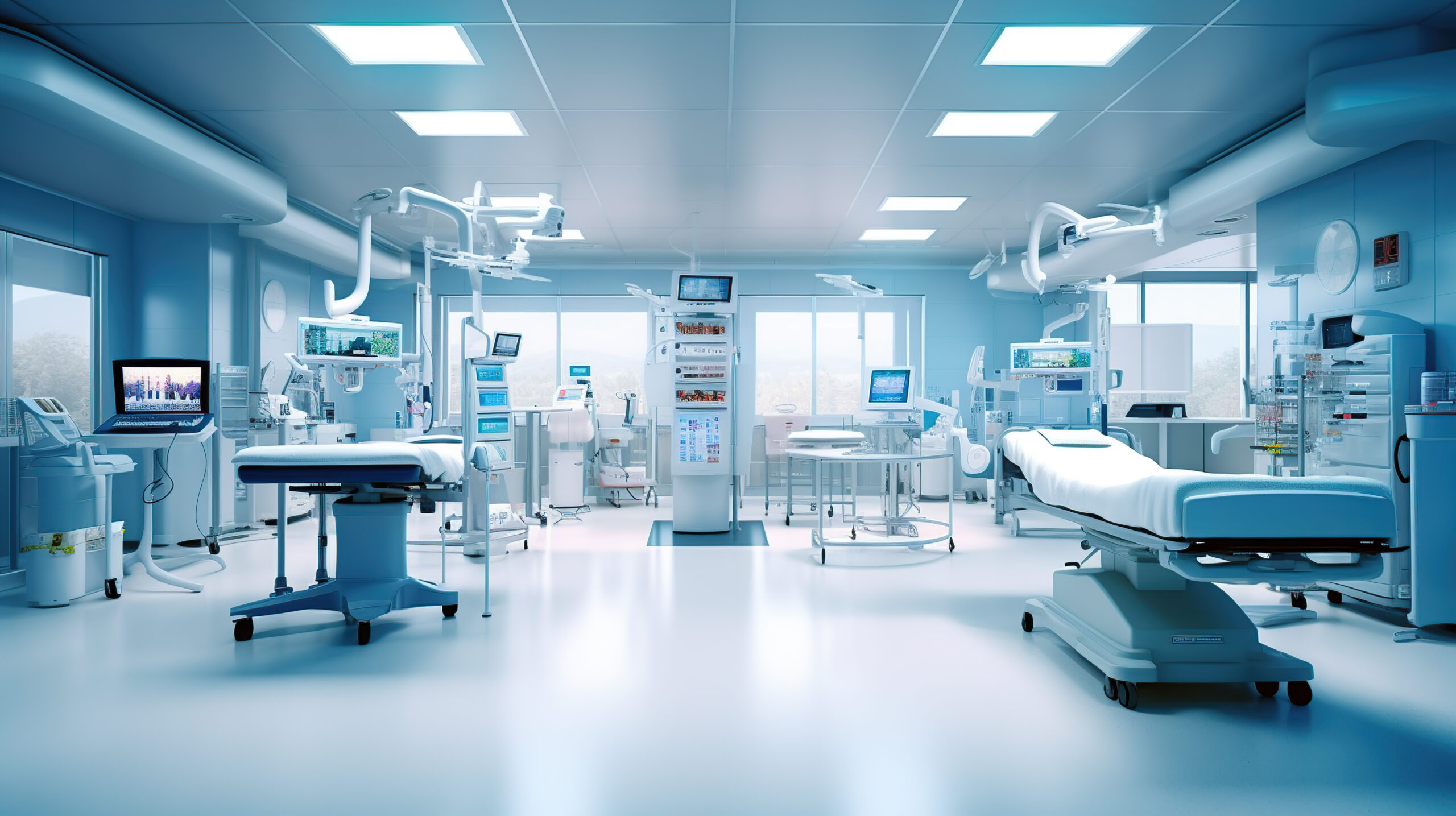Revolutionizing Healthcare: The Latest Medical Devices and Technologies Transforming Quality of Care
In the dynamic landscape of healthcare, continuous innovation is reshaping the way patients receive and providers deliver medical care. The latest advancements in medical devices and technologies are not just enhancing diagnostic accuracy but also revolutionizing treatment approaches, patient engagement, and overall quality of care.
- Wearable Health Technology
Wearable devices have evolved beyond simple fitness trackers to sophisticated health monitors. Smartwatches and fitness bands now offer real-time health data, allowing individuals to track vital signs, monitor physical activity, and even detect irregularities in heart rhythm. These wearables empower patients to actively participate in their health management while providing healthcare professionals with valuable insights for personalized care plans. - Artificial Intelligence (AI) in Diagnostics
The integration of artificial intelligence in medical diagnostics is a game-changer. AI algorithms are designed to analyze complex medical data, ranging from imaging results to genetic information, with unprecedented speed and accuracy. This not only expedites the diagnostic process but also helps identify patterns and trends that may be imperceptible to the human eye. AI-driven diagnostics hold the potential to significantly improve early detection and treatment outcomes. - Telemedicine Platforms
The global rise of telemedicine has been accelerated by technological advancements. Virtual consultations, remote monitoring, and digital health platforms are becoming integral components of healthcare delivery. These technologies bridge geographical gaps, providing patients with convenient access to medical expertise and enabling healthcare professionals to monitor and manage chronic conditions remotely. - 3D Printing in Healthcare
Three-dimensional (3D) printing is transforming healthcare by enabling the creation of customized implants, prosthetics, and even organs. Surgeons can use 3D-printed models for preoperative planning, enhancing precision and reducing surgical risks. This technology holds immense potential for personalized medicine, particularly in complex surgical procedures and organ transplantation. - Robotics in Surgery
Robotic-assisted surgery is becoming increasingly prevalent, allowing surgeons to perform intricate procedures with enhanced precision. These robotic systems provide a higher degree of dexterity and control, resulting in minimally invasive surgeries with reduced recovery times and improved patient outcomes. The integration of robotics in surgery is poised to revolutionize the field, making procedures more accessible and effective. - Virtual Reality (VR) for Pain Management
Virtual reality is making significant strides in healthcare, particularly in the realm of pain management. VR therapies offer immersive experiences that distract patients from pain and discomfort during medical procedures or chronic pain episodes. This innovative approach has demonstrated effectiveness in reducing the need for traditional pain medications, contributing to a holistic and patient-centered approach to care.
In conclusion, the latest medical devices and technologies are ushering in a new era of healthcare, characterized by personalized, efficient, and patient-centric approaches. From wearables that empower individuals to take charge of their health to AI-driven diagnostics that enhance precision, these innovations are collectively elevating the quality of care and transforming the healthcare landscape. As technology continues to advance, the potential for further breakthroughs in improving patient outcomes and overall well-being is limitless.
